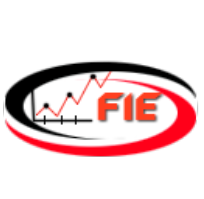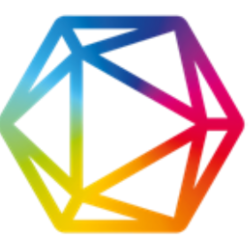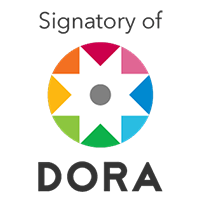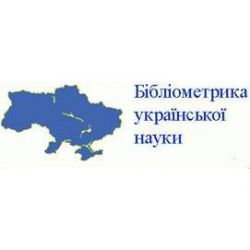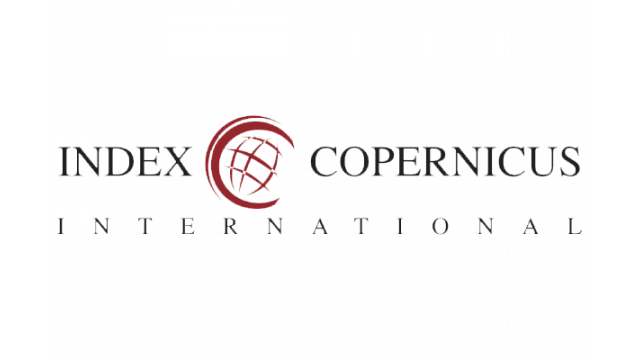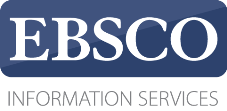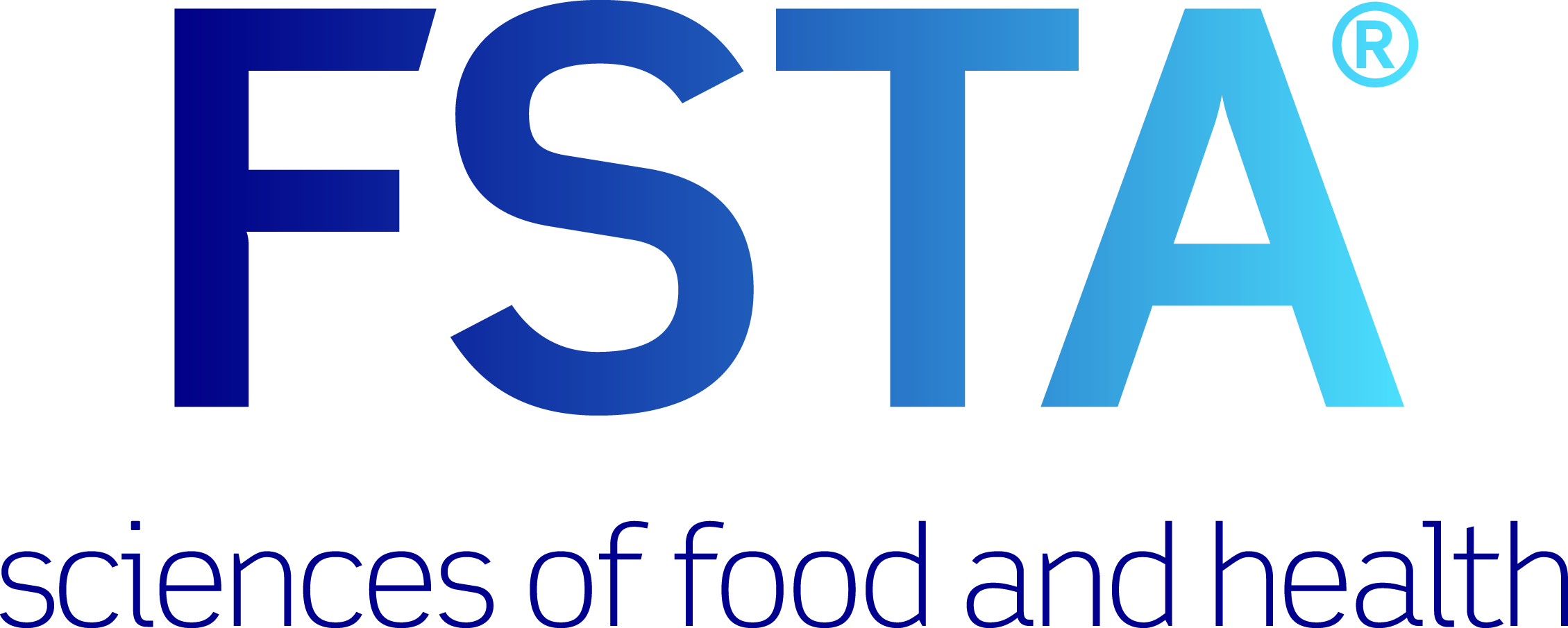Dimensions
The research landscape has evolved dramatically over the past 10 years with new technologies, more data and increasingly diverse research ecosystems. However, through these changes, the channels for discovery and ways impact is measured and assessed have remained static. Digital Science had a vision for a modern research system where data is democratized and the lens through which we measure research outputs broadened.
Unlike existing tools, Dimensions brings together various research-related data sources (over 128 million pieces thus far) in a venue that is consistent and accessible to the community. In addition to deep-indexing, the Dimensions team invests in enhancing existing data for increased searchability and identifying links between related pieces (nearly 4 billion connections so far). Going far beyond traditional databases, Dimensions provides the community with a data discovery engine with both context and perspective.Link
